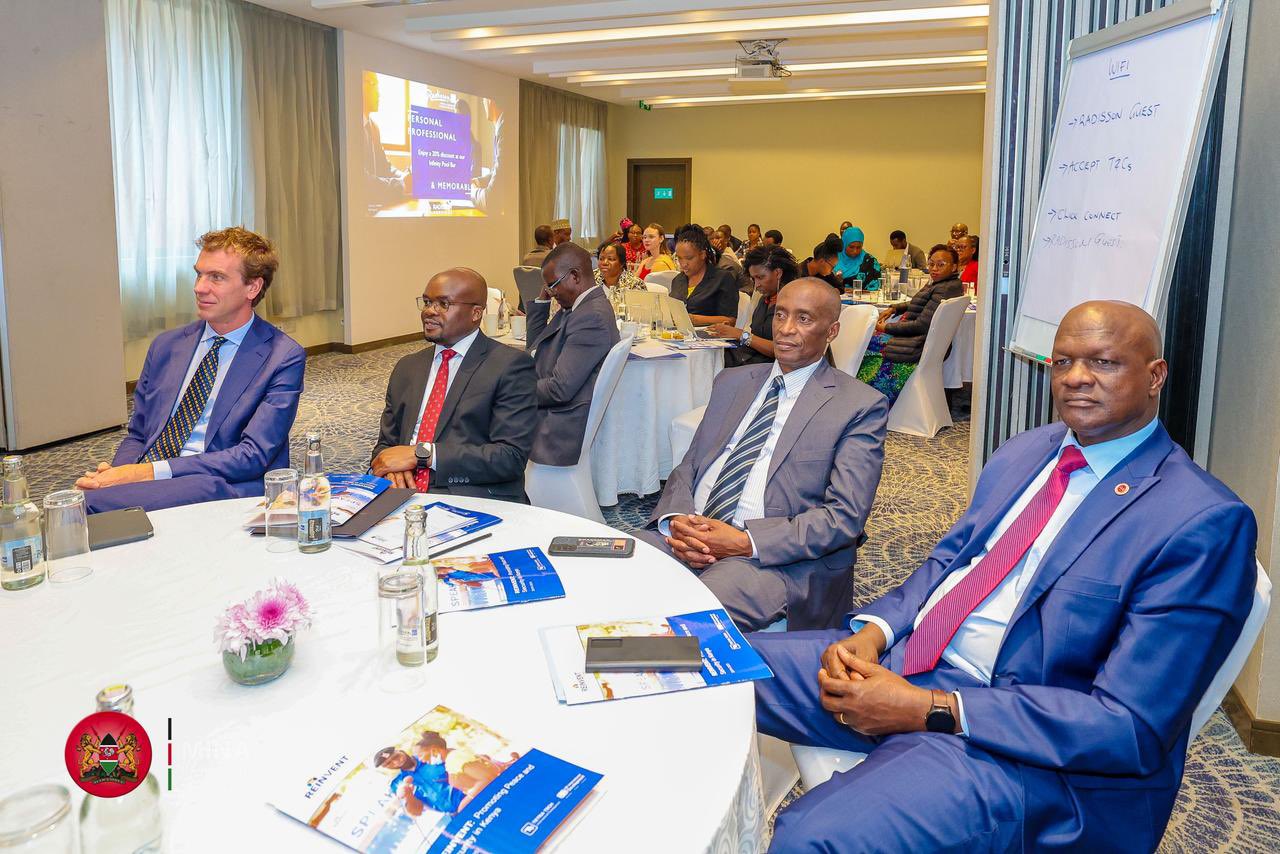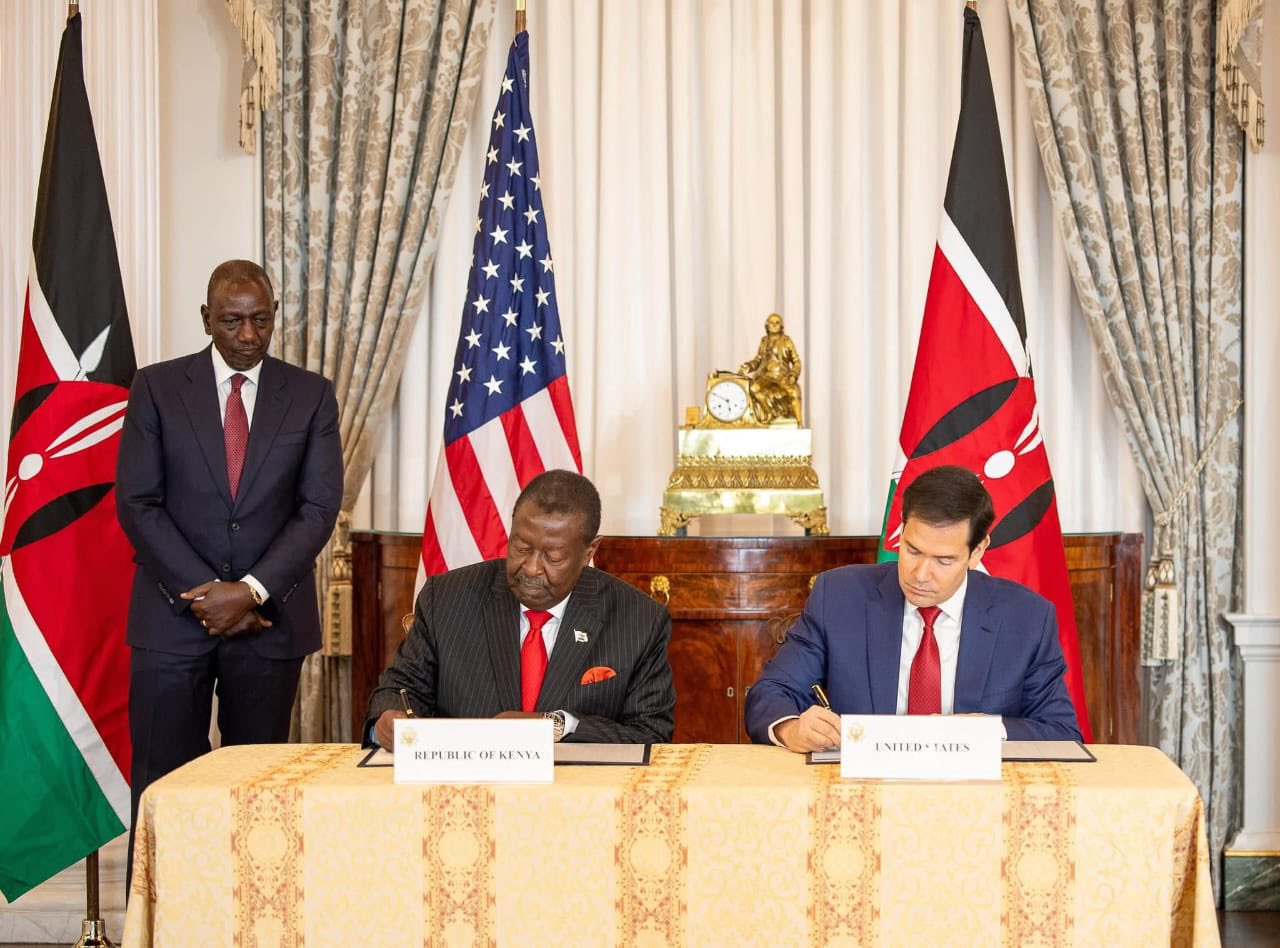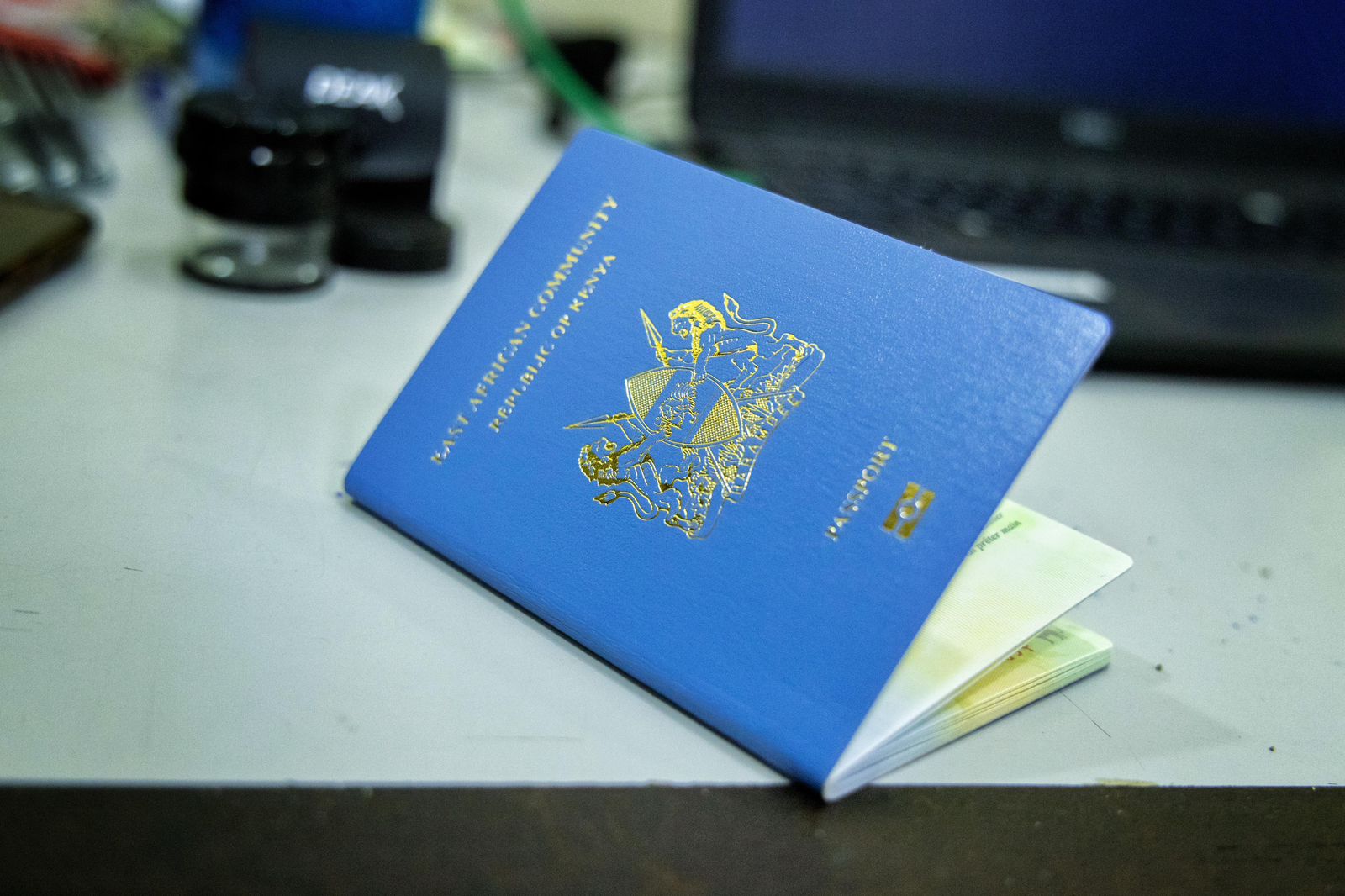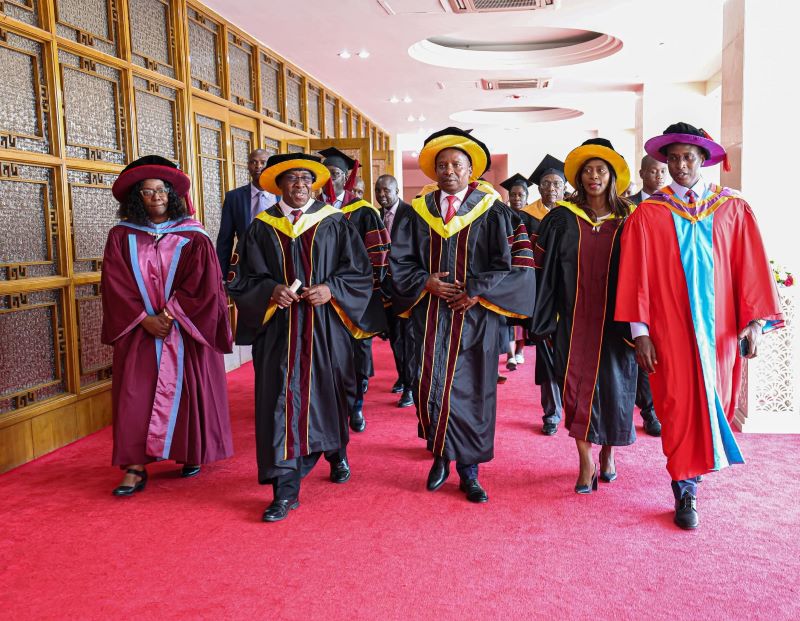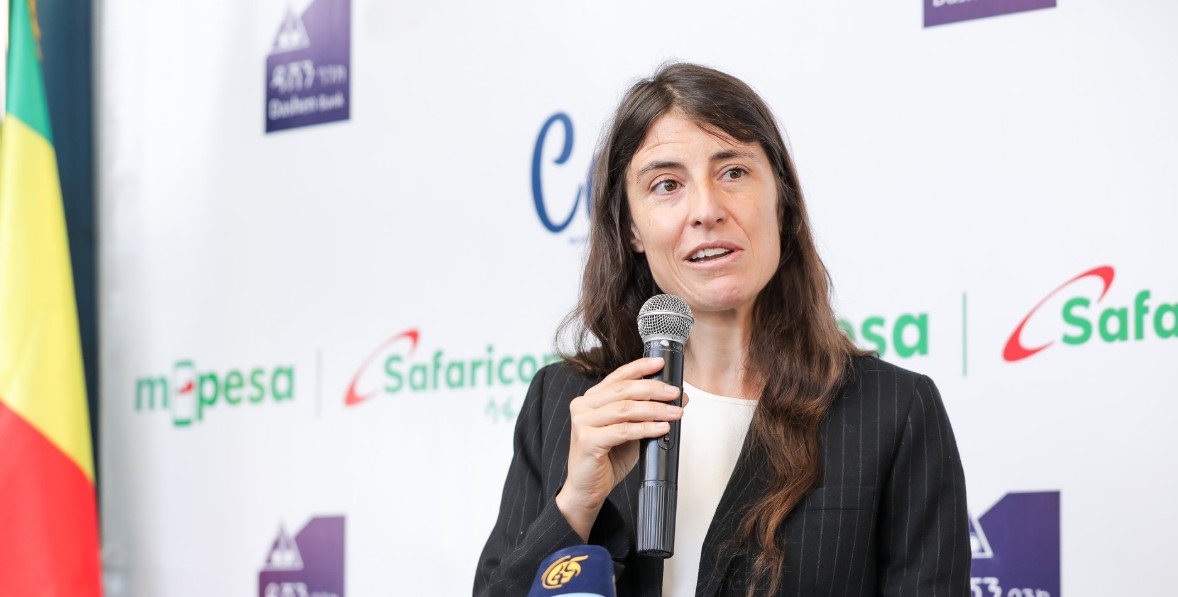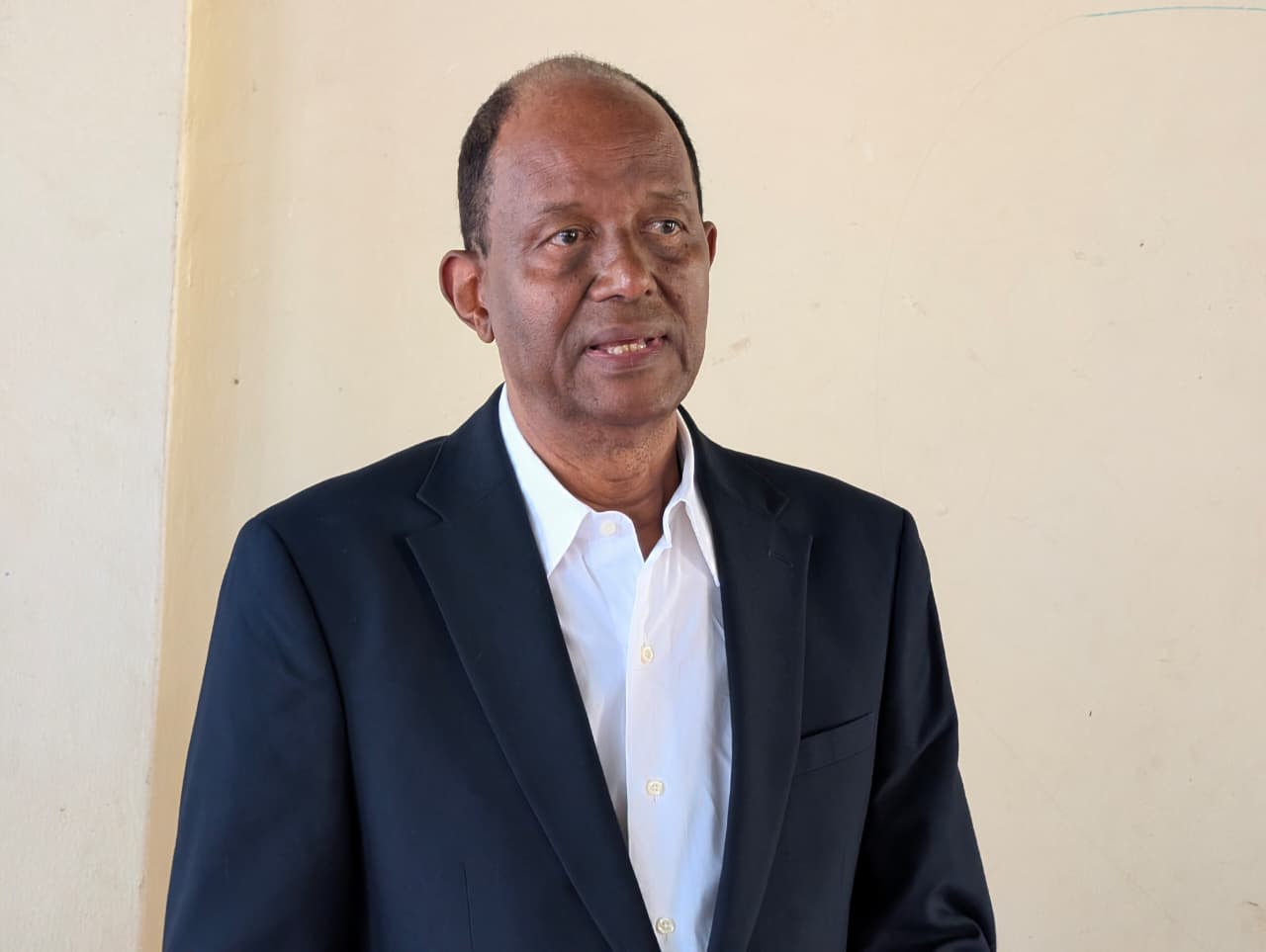How KNEC plans to curb exam cheating in 2025 national examinations
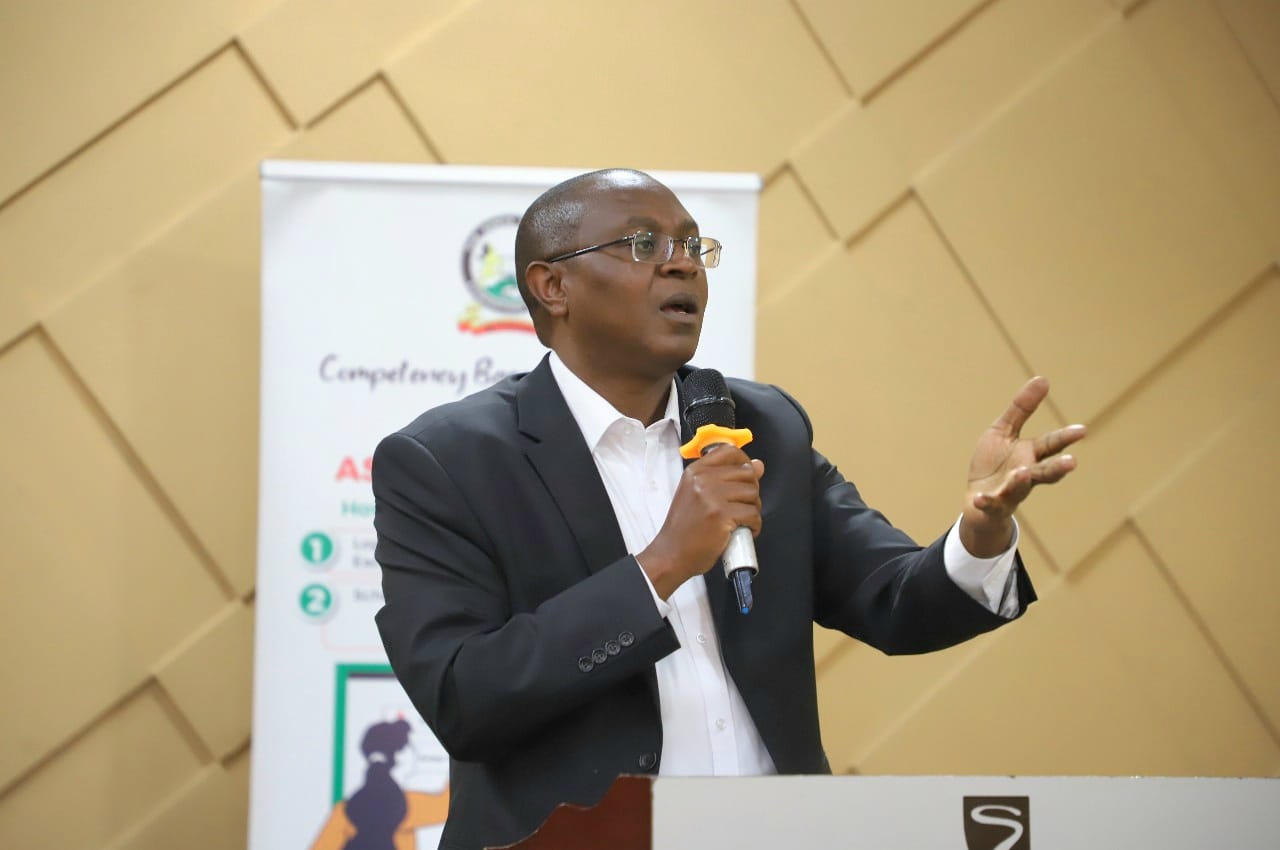
The council will also pilot digital smart padlocks in 250 exam storage containers. These locks will allow real-time monitoring and reduce the risks of unauthorised access. KNEC officials handling the locks will undergo thorough training before the exams begin.
The Kenya National Examinations Council (KNEC) is introducing new security measures to ensure credible assessments and limit cases of exam cheating as the 2025 national examinations approach on October 17.
This year, candidates sitting the KCSE and the first-ever Kenya Junior School Education Assessment (KJSEA) will receive question papers customised with their names, index numbers, and a space for signature. KNEC said this step will make it extremely difficult for anyone to sit an exam on behalf of another candidate.
More To Read
- How to check school your child has been placed in before release of KJSEA results
- KNEC warns parents over social media scams to alter KCSE, KJSEA scores
- Teachers to stay in same schools after promotions under new TSC policy
- KNEC CEO David Njengere summoned over failure to release withheld KCSE result
- KNEC under fire as High Court rebukes CEO over withheld student exam results
- 2025 KCSE concludes smoothly as government reports sharp decline in exam cheating cases
Learners will also write their answers directly in the question booklets, which feature detachable counterfoils that will be collected separately after each session. KNEC said the approach simplifies management of scripts and strengthens accountability during the exams.
“This innovation promotes fairness, transparency, and integrity in the marking process. Every candidate will have a uniquely identifiable paper, and this will reduce the chances of cheating,” said KNEC CEO David Njengere.
In addition, the council will pilot digital smart padlocks in 250 exam storage containers. These locks will allow real-time monitoring and reduce the risks of unauthorised access. KNEC officials handling the locks will undergo thorough training before the exams begin.
Security remains a major focus after previous incidents of exam papers being leaked. Njengere said the double collection system for morning and afternoon KCSE sessions will continue, a strategy credited with reducing early exposure in prior years.
This year’s examinations will involve 3,424,836 candidates: 996,078 for KCSE, 1,298,089 for KPSEA, and 1,130,669 for the inaugural KJSEA. To manage such a large number of learners, KNEC will deploy 54,782 invigilators and 22,247 security officers across the country.
Njengere stressed that supervisors and invigilators play a crucial role in maintaining the integrity of exams. “Supervisors and invigilators are the frontline defenders of exam credibility. We count on their professionalism to safeguard the future of our learners,” he said.
Council chairperson Julius Nyabudi said these measures are meant to ensure that results reflect students’ true abilities. He added that everyone involved in administering the exams must adhere to the rules and maintain high ethical standards.
“In discharging our tasks during the administration of examinations and assessments, we must ensure fairness, transparency, and integrity to maintain desired standards and credibility of our education system,” he said.
The new initiatives were highlighted during the official launch of the national examinations season at Mtihani House in South C, Nairobi.
Top Stories Today


